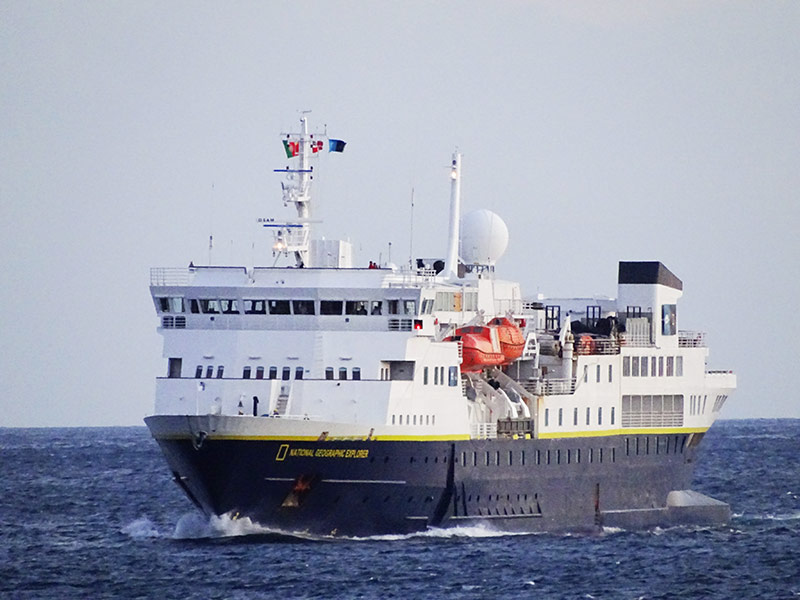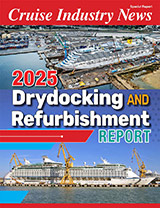Lindblad Expeditions remains committed to a diverse travel portfolio that includes products aimed at several types of guests, said the company’s Founder and CEO Sven Lindblad.
“We have different ships designed for very different missions, operating in different geographies and attracting very different guests,” he explained during the company’s second quarter earnings call.
The wide range of products is an important asset for Lindblad’s partnership with National Geographic and Disney, Lindblad added, noting that the company is also renewing its focus on family travel with the creation of new thematic content.
[For a complete overview of the market, see the 2024 Expedition Market Report from Cruise Industry News.]
“We hope to articulate it soon, harnessing the creative forces within both National Geographic and Disney,” he explained.
With itineraries ranging from four to 30 days in length, Lindblad is also betting on products that are better suited to attract new guests, such as Galapagos and Alaska.
“Some particularly esoteric places largely attract past guests, examples include places like Papua New Guinea and the Northwest Passage,” Lindblad said.
Other places, such as Iceland and Antarctica, offer a balance, with a similar number of new and past guests, he noted.
“We have always worked on calibrating inventory to have the right balance,” Lindblad added, noting that the company has been able to achieve an optimal condition for many years.
“With Covid, we basically lost two years of adding to the funnel, basically 30,000 plus guests. Inventory is planned several years out, so a beautiful, essentially perfect formula was disrupted for a time,” he explained.
The company is now adapting its strategy to make the best of the current scenario, with initiatives including increasing first-timer itineraries.
“Examples are increasing our presence in Iceland and reducing more of our esoteric Arctic itineraries. Another is our fly-in program to Antarctica, making it possible to have a shorter experience by flying from Chile to Antarctica to board our ships, which has opened up an entirely new market.”




